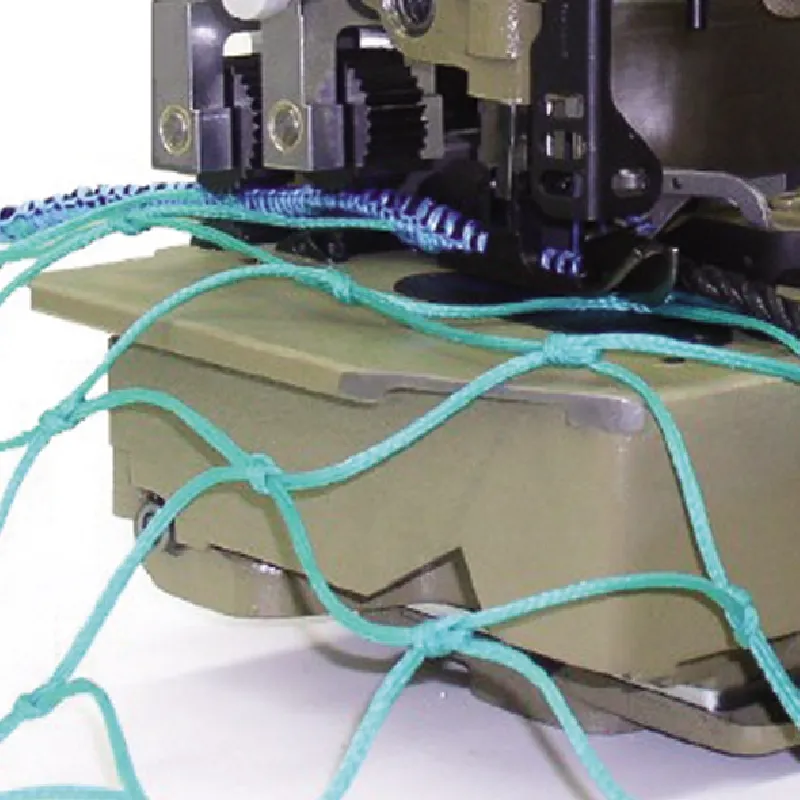automatic industrial sewing machine price
The Pricing Landscape of Automatic Industrial Sewing Machines
In the modern textile manufacturing industry, automatic industrial sewing machines have become indispensable tools, streamlining processes and enhancing productivity
. The prices of these machines can vary significantly based on a multitude of factors including functionality, technological advancements, and brand reputation.The range of prices for automatic industrial sewing machines is broad, beginning from approximately $2,000 and extending up to $50,000 or more, depending on the complexity of the machine. Basic models that are designed for simpler tasks such as straight stitching or basic embroidery typically sit at the lower end of this price range. These machines are effective for small to medium-sized businesses that require reliable performance without the need for sophisticated features.
On the other hand, high-end models equipped with advanced technology—such as computerized controls, multiple stitch options, and integrated quality assurance features—can push prices above $20,000. Features like automatic threading, laser cutting, and programmable settings enhance operational efficiency, making them appealing for larger manufacturing operations where high-speed production is crucial. For instance, companies that specialize in mass-producing garments may invest in such premium machines to ensure accuracy and speed, which, in turn, can lead to reduced labor costs and increased output.
automatic industrial sewing machine price

Another crucial factor that influences the price is the brand. Renowned manufacturers with a strong reputation for quality and innovation, such as Juki, Brother, and Durkopp Adler, often charge a premium for their equipment. These brands not only provide robust machines but also offer excellent customer service and warranty support, making them a favored choice for businesses looking to invest wisely in their production capabilities.
Moreover, geographical considerations can also affect pricing. Import duties, shipping costs, and currency fluctuations can all contribute to the final cost of these machines in different markets. For businesses operating in regions with a robust manufacturing infrastructure, purchasing locally can sometimes result in significant savings compared to importing machines from abroad.
In summary, the price of automatic industrial sewing machines can vary greatly based on features, brand, and geographical factors. Investing in the right machine is crucial for manufacturers aiming to enhance productivity and maintain competitive advantage in today’s fast-paced market. Careful consideration of the specific needs of a business and the desired features will guide companies in making informed purchasing decisions, ultimately determining the best value for their investment in sewing technology.
-
Boost Production Efficiency with a Pattern Sewing MachineNewsAug.29,2025
-
Industrial Excellence with the Best Heavy Duty Sewing MachineNewsAug.29,2025
-
Precision and Power with the Best Pattern Sewing MachineNewsAug.29,2025
-
Reliable Bulk Packaging Starts With the Right FIBC Sewing MachineNewsAug.29,2025
-
Advanced Packaging Solutions: Elevate Productivity with Jumbo Bag Sewing Machine and Industrial Stitching EquipmentNewsAug.29,2025
-
High-Performance Solutions for Bulk Packaging: FIBC Sewing Machine and MoreNewsAug.29,2025
-
Maximize Efficiency with an Industrial Cylinder Arm Sewing MachineNewsAug.28,2025


























